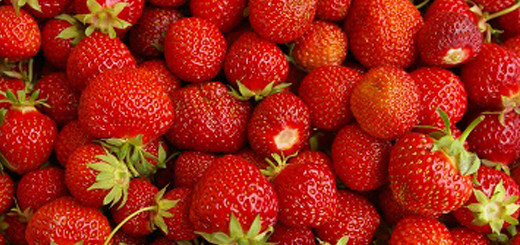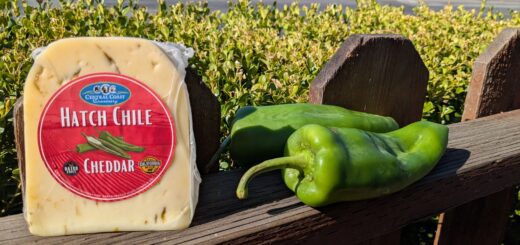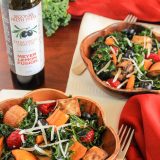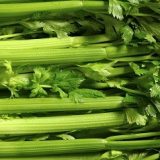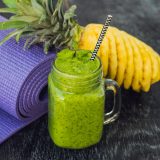Tips for Healthy Living: Staying Healthy with Melons
Tips for Healthy Living
We’ve partnered with Dr. Doug Husbands of Holistic Health Bay Area to bring you a new set of Tips for Healthy Living. Dr. Husbands is a functional medicine doctor, clinical nutritionist, anti-aging health practitioner and doctor of chiropractic. I appreciate that he encourages visiting the doctor to focus on staying healthy instead of only visiting when you’re sick. – Carmelo Sigona
Staying Healthy with Melons
By Dr. Douglas Husbands
 Looking to satisfy your sweet tooth? Eat sweet melons and you will not only take care of your sweet cravings but also take care of your cells…
Looking to satisfy your sweet tooth? Eat sweet melons and you will not only take care of your sweet cravings but also take care of your cells…
Melons are high in anti-oxidants and full of phyto-nutrients (plant-based nutrients). Watermelons contain high amounts of the amino acid citrulline, which converts to the amino acid arginine in the body. This important amino acid raises nitric oxide produced in the body. Nitric oxide has the effect of removing ammonia in the body, improve insulin sensitivity and relaxing blood vessels. The blood vessel opening effect helps bring oxygen to tissues, which has many benefits. In a recent peer-reviewed article, (Am J Physiol Endocrinol Metab. 2006 Nov;291(5):E906-12), volunteers drinking three 8-ounce glasses of watermelon juice each day for three weeks had blood levels of arginine that were 11% higher than in controls. Volunteers who drank six daily 8-ounce glasses of watermelon juice for 3 weeks had arginine levels 18% higher than controls (Nutrition. 2007 Mar;23(3):261-6.).
Furthermore, because the glycemic load of most melons is low, it is good for those managing their sugar levels and those who are trying to lose weight. Melons are also high in water content, thus, helping to keep our bodies well hydrated. It is also a good food for those with impaired digestion, such as the elderly, because they are easily absorbed and they are soft when ripe.
Melons come in different varieties, such as the common, sweet fruits, including watermelons, cantaloupe and honeydew, as well as the more unique heirloom melon varieties. Heirloom melons are often more rare and grown by small farmers who sell to farmers markets and specialty produce stores. The vegetable varieties include squashes and gourds.
With so many melon varieties to choose from, it should be easy to include them in our diets. If you haven’t had melons in your diet, I suggest you try them one by one starting with the heirloom melons. Enjoy!
About Dr. Doug:
Dr. Douglas Husbands is a Functional Medicine Doctor, Clinical Nutritionist, Anti-Aging Health Practitioner, and Doctor of Chiropractic. As a health advocate and coach, he is dedicated to achieving optimal health through resolving the underlying disease processes through diet, nutrition and lifestyle modification. To contact Dr. Doug, call 650-394-7470 or visit http://www.HolisticHealthBayArea.com
![]() Subscribe to the Holistic Health Bay Area Newsletter.
Subscribe to the Holistic Health Bay Area Newsletter.
Like us on Facebook, Follow us on Twitter


